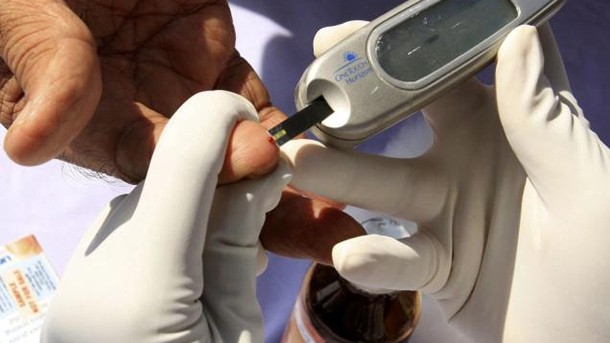Study: SSB tax could dramatically reduce diabetes incidences in India

According to a study published this week in PLOS Medicine by researchers at the Public Health Foundation of India, New Delhi, along with academic institutions in the US and the UK, it is estimated that imposing such a tax across India could avert 11.2m cases of overweight and obesity, and 400,000 cases of type 2 diabetes between 2014 and 2023, based on the current rate of increases in SSB sales.
Statistical analysis
The researchers analysed soft drink consumption from over 100,000 households between 2009 and 2010, studying how they responded to price changes in the past, then using that information to predict how a tax on soft drinks would influence consumption trends.
The findings come at a time when Indian health policymakers have been arguing that a combination of education and disincentives should be used to curb the consumption of soft drinks.
If SSB sales were to increase more steeply than the current rate, as predicted by drinks industry marketing models, the researchers estimate that the tax would avert 15.8m cases of overweight and obesity, and 600,000 cases of diabetes.
"Sustained SSB taxation at a high tax rate could mitigate rising obesity and type 2 diabetes in India among both urban and rural subpopulations,” the researchers wrote.
"Future research should replicate the findings observed here in other rapidly developing middle-income countries where SSB consumption is increasing at a rapid rate."
The researchers combined data on how price changes affect the demand for SSBs with historical data on SSB sales trends, BMIs, and new cases of diabetes to estimate the effect that a 20% SSB tax would have on energy consumption, the prevalence of overweight and obesity, and the number of new cases of diabetes among Indian subpopulations.
Surprising results
The researchers were surprised to observe that the largest relative effect of the SSB tax was likely to be among young men in rural areas.
"Given current consumption and BMI distributions, our results suggest the largest relative effect would be expected among young rural men, refuting our a priori hypothesis that urban populations would be isolated beneficiaries of SSB taxation", they wrote.
They also calculated that the gains from the tax could be even bigger if sales of sweetened beverages in India grow in the coming years not at a linear 13%, as has been the case since 1998, but more steeply as the drinks industry predicts will be the case.




